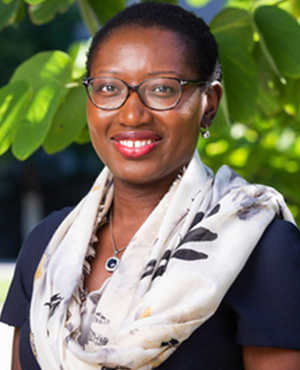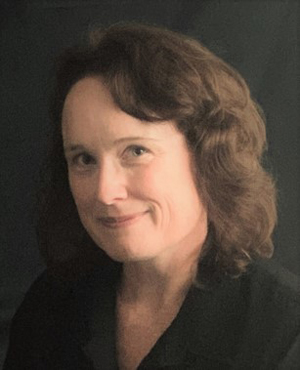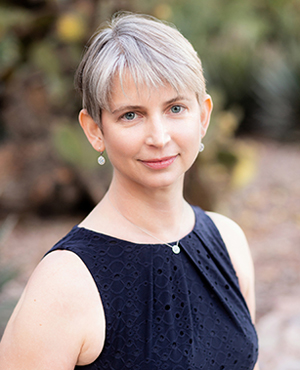
SETI Institute expands Science Advisory Board, adding multidisciplinary expertise
September 2, 2021, Mountain View, CA – The SETI Institute has appointed three new members to its Science Advisory Board (SAB) bringing expertise in space governance, science advocacy, international engagement and the ethics of space exploration: Timiebi Aganaba (Arizona State University), Kathryn Denning (York University) and Emily Lakdawalla (author and science communicator). These new members bring experience and networks to the SAB comprised of leaders, scientific pioneers, researchers, and educators. The SAB is responsible for advising SETI Institute leadership on its scientific priorities, possible partnerships and collaborations and potential funding sources. SAB members serve renewable two-year terms.
“The SETI Institute’s Science Advisory Board provides vitally important external perspectives and counsel to better understand relevant national and global science priorities to help guide our research and education programs,” said Bill Diamond, SETI Institute CEO. “Timiebi, Kathryn and Emily each bring unique and invaluable capabilities and expertise to the Board, and we’re delighted to count them among its members.”
"I am thrilled to welcome our new Science Advisory Board members, who help to broaden the range of expertise the SETI Institute brings to the search for life beyond Earth,” said Lucianne Walkowicz, Chair of the SETI Institute’s SAB. “Given the truly multidisciplinary challenge of the SETI Institute's work, I am particularly happy to see our advisory board branch out to include social scientists, policy experts, and professional communicators, in addition to our members in the natural sciences."
Timiebi Aganaba

Timiebi brings an extraordinary perspective to the Space world, having worked in 5 different countries (UK, France, Nigeria, Canada, USA) across 3 continents in 6 fields (law firm, consulting firm, govt., academia, NGO, think tank) and 4 different functions (legal, research, teaching, executive) over her 15 year career. She is an assistant professor of Space and Society, in the School for the Future of Innovation in Society within the College of Global Futures, with a courtesy appointment at the Sandra Day O'Connor College of Law at Arizona State University. She was a post-doctoral fellow and fellow at the Centre for International Governance Innovation (CIGI) based in Waterloo, Ontario, Canada, where she focused on Climate change and environmental law and governance.
Previously, Timiebi was Executive Director of the World Space Week Association, coordinating the global response to the UN 1999 declaration that World Space Week should be celebrated from October 4-10 annually. She is currently on the Advisory Board for the Space Generation Advisory Council supporting the UN Program on Space Applications. She is also on the Science Advisory Board of World View Enterprises, working to spearhead the stratospheric economy.
Kathryn Denning

Kathryn Denning, PhD, is a Canadian anthropologist and archaeologist. She specializes in the long view of humanity's history, both past and future, and is particularly interested in ethics -- how we engage with other humans across time, and how we engage with other species, including the extinct, extant, and as-yet-unknown. All this combines in her long-term research focus on humanity's cultural expansion into space, how we imagine our future beyond Earth, and how we anticipate other life that has yet to be discovered.
Kathryn’s degrees (McMaster, Sheffield) were in four-field anthropology and archaeology. After early work focusing on the public understanding of archaeology, her research turned primarily to outer space. She has collaborated with scientists at the NASA Astrobiology Institute and SETI Institute, guest lectures regularly at the International Space University, and is a member of the International Academic of Astronautics SETI Permanent Committee. On the subject of space, ethics, and the public, she regularly speaks to journalists, including Wired, New Yorker, NYT, Motherboard, Space.com, BBC, and participates in public events such as the Royal Society, New York Festival of Science, and SXSW. She is passionate about fair and accurate space education for all.
Emily Lakdawalla

Emily is a freelance science writer and speaker with expertise in planetary geology, robotic exploration of the solar system, and science education. She has taught middle-grade science, written for numerous websites and magazines including those of The Planetary Society, Sky & Telescope, and BBC Sky at Night, and advised space professionals on effective science communication. She is an illustrator and leader in a global community of amateur space image data processors. Her first book, The Design and Engineering of Curiosity: How the Mars Rover Performs Its Job, was published in 2018.
She is a member of NASA’s Planetary Data System Ring-Moon Node Advisory Council, managed by the SETI Institute, and the Board of Open Planetary, and the Advisory Board for the Society for Women in Space Exploration. The Open University awarded her an honorary doctorate in 2017 in recognition of her contributions to communicating space science to the public.
About the SETI Institute
Founded in 1984, the SETI Institute is a non-profit, multidisciplinary research and education organization whose mission is to lead humanity's quest to understand the origins and prevalence of life and intelligence in the universe and share that knowledge with the world. Our research encompasses the physical and biological sciences and leverages expertise in data analytics, machine learning and advanced signal detection technologies. The SETI Institute is a distinguished research partner for industry, academia and government agencies, including NASA and NSF.
Contact Information:
Rebecca McDonald
Director of Communications
SETI Institute
rmcdonald@SETI.org
DOWNLOAD FULL PDF HERE.





